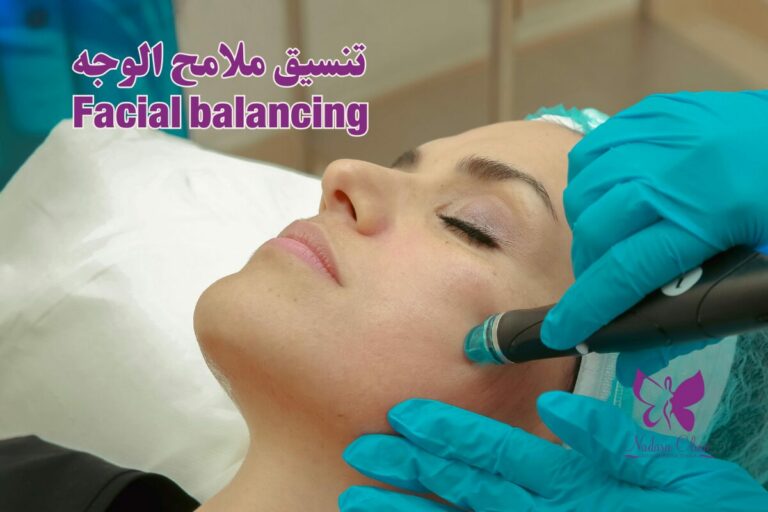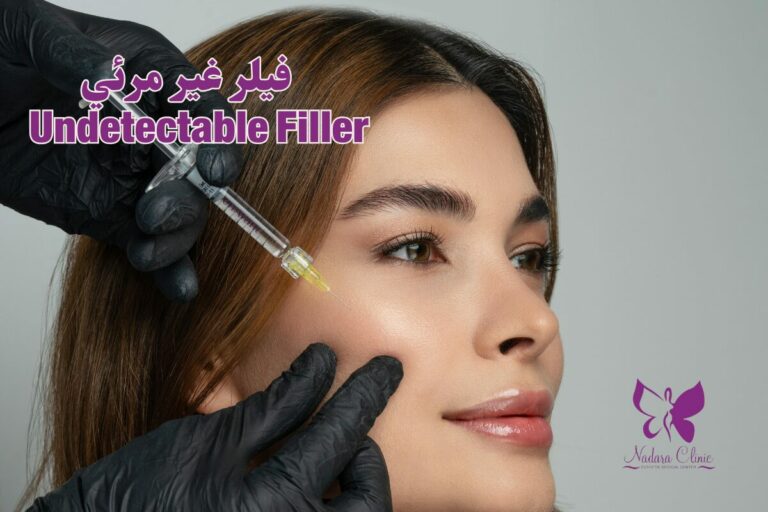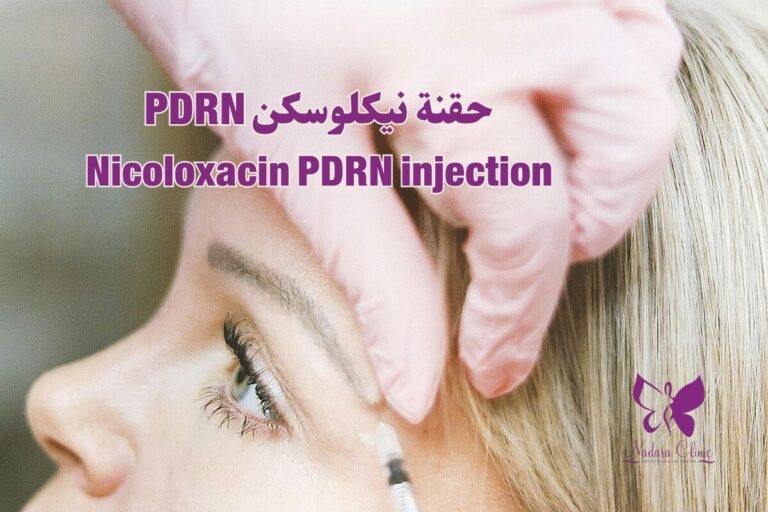How do I protect my skin from acne? A question on the tongues of many people.
If you suffer from the appearance of these annoying pimples, Dr. Amani Al-Tawabti, a dermatologist, cosmetic and laser specialist, offers you some tips to prevent acne.
Medical advice to protect the skin from acne
Keeping the face clean
- Whether you have breakouts or not, you should wash your face twice a day to remove impurities, dead skin cells and excess oil from the surface.
- Use warm, not hot, water in addition to a facial cleanser appropriate for your skin type.
- Don't use soap as it can damage already inflamed skin and cause further irritation.
- Avoid rubbing the skin harshly with an exfoliating cloth or gloves, wash only with a very soft cloth or your hands gently.
- Rinse the face well and dry it with a clean towel.
Skin Moisturizing
Many products contain ingredients that dry out the skin, so always look for moisturizers that prevent drying and exfoliate the skin in a healthy way.
drug therapy
You can use one of the products that contribute to getting rid of acne, such as those that contain:
- salicylic acid.
- glycolic acid.
- benzoyl peroxide.
- lactic acid lactic acid.
Start with a small amount at first, then adjust how much and how often you use it as these products can dry out your skin.
The dermatologist also recommends a topical retinoid gel such as Differin %0.1 (Differin), which prevents the formation of pimples.
If you have sensitive skin, use these products with extreme caution.
Use makeup in moderation
Avoid applying foundation, powder, or even blush while you have breakouts.
Wash it off at the end of the day, and don't leave it on your skin for the next day, and if possible, choose cosmetics that are oil-free, and without dyes and chemicals added.
Carefully apply the oils to the hair
Be careful what you put in your hair. If oils or gels come in contact with your face, they can clog your pores and irritate your skin, so use a gentle shampoo and conditioner.
Avoid touching the face
Keep your hands away from your face and don't touch your cheeks or chin, as this not only helps spread bacteria, but also increases skin infections.
Don't press or pop the blisters with your fingers, as this can lead to infection and scarring.
Ways to prevent acne
stay out of the sun
The sun's UV rays can increase inflammation and redness, and may cause post-inflammatory hyperpigmentation (dark discoloration).
Some acne medications may make your skin more sensitive to sunlight, so it's best to limit the time you're exposed to the sun, especially between 10 a.m. and 4 p.m.
Wear protective clothing like a long shirt, pants, and a wide-brimmed hat whether or not you have blisters?
Always wear a broad-spectrum sunscreen, especially one that contains 6% from zinc oxide or SPF 30 or more 20 minutes before going out for work.
Always nourish your skin
Many people believe that certain foods, such as eating chocolate, do not cause pimples, however it makes sense to avoid greasy foods and fast food.
Some dairy products and foods that are high in sugar can trigger acne.
Include fresh fruits and vegetables, as well as whole grains in your diet, that keep your skin healthy and glowing.
exercise
Exercising regularly helps your skin breathe, but avoid wearing clothing or using sports equipment that rubs your skin.
Take a shower after your workout so that impurities don't settle and sweat increases bacteria buildup on your skin.
Avoid anxiety and stress
Some studies have indicated that the appearance of pimples is linked to stress and tension, so always look for solutions and stay away from sources of stress.
You can also read : Skin pimples and the risks of stress.
You can also read : The importance of using sunscreen.






